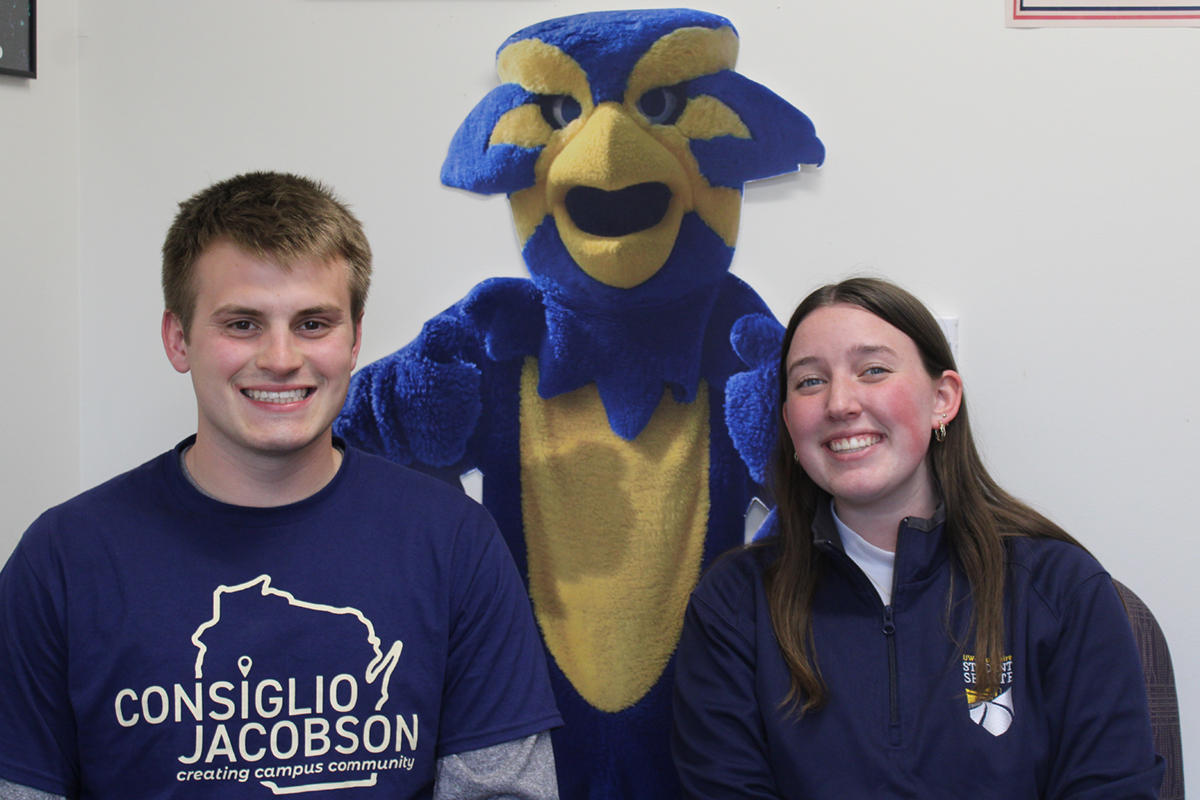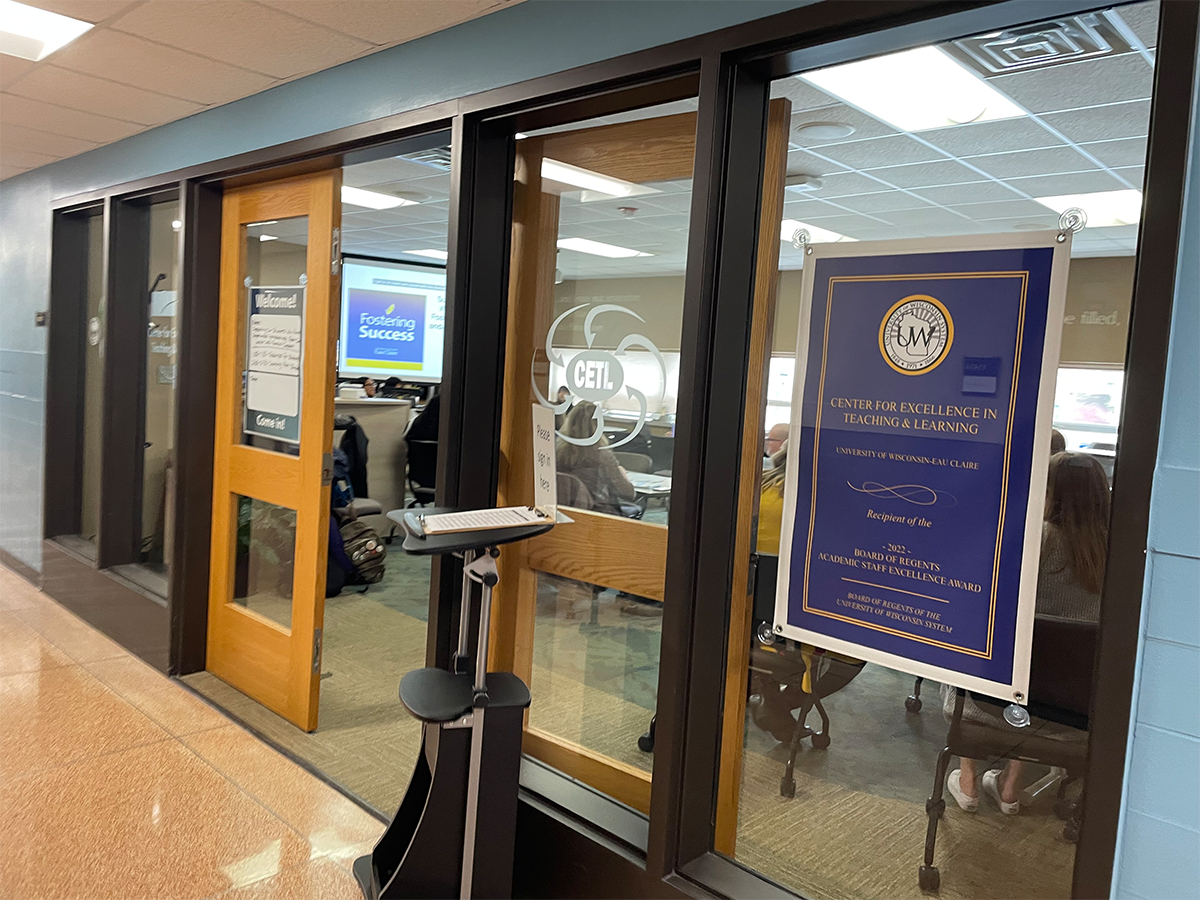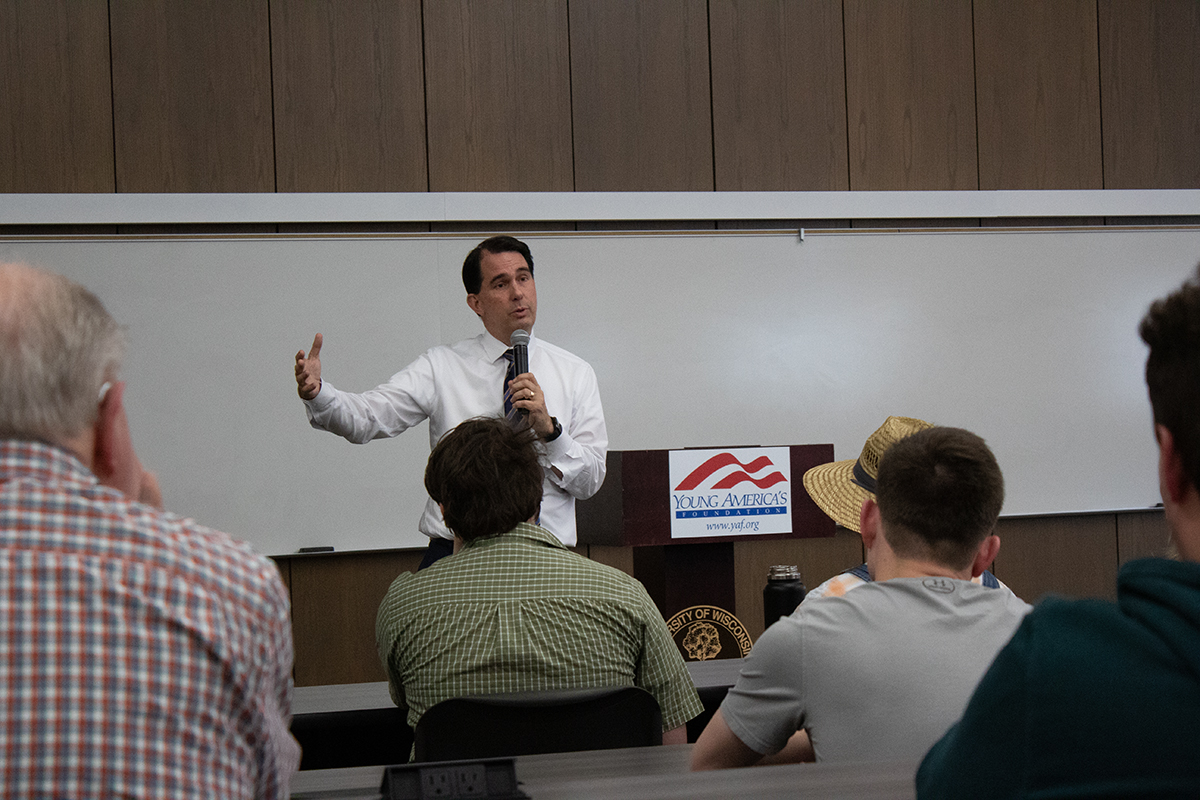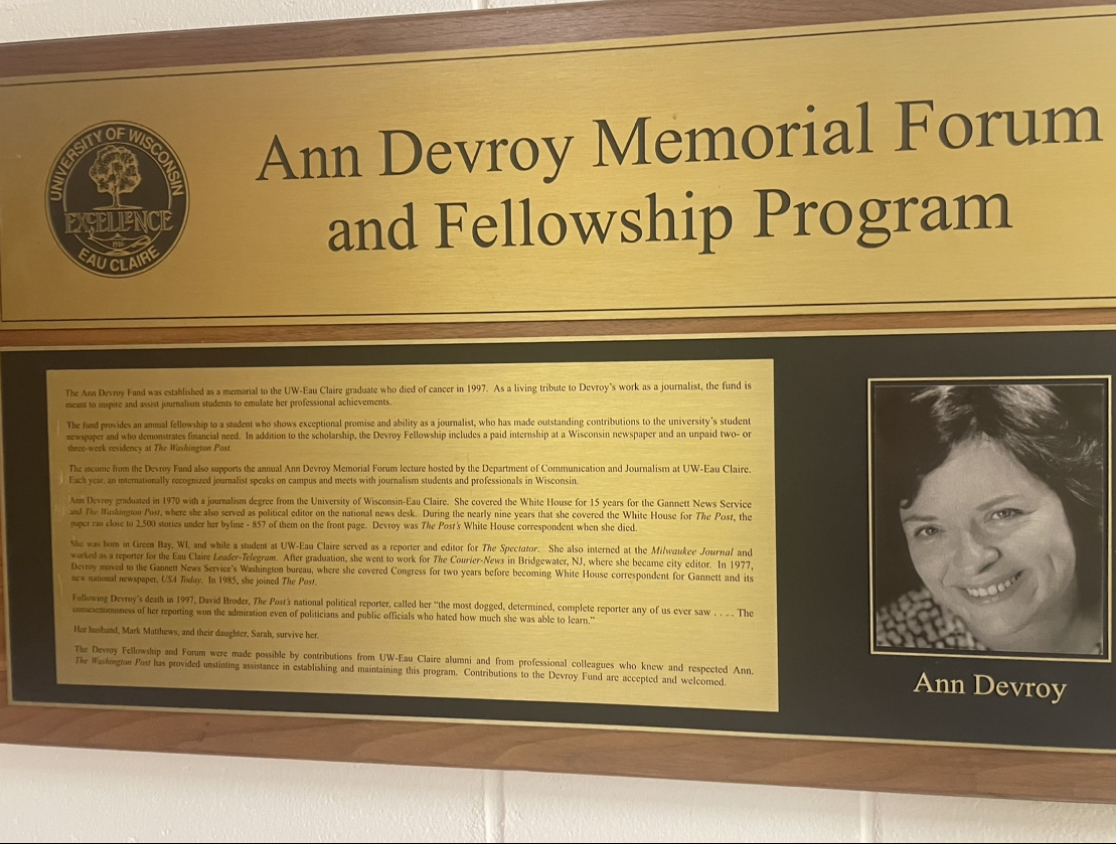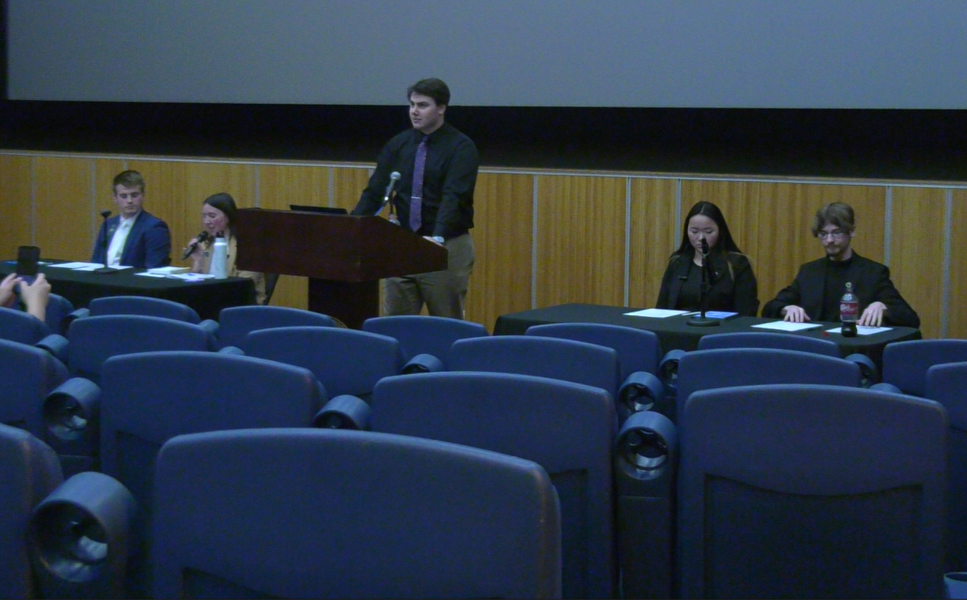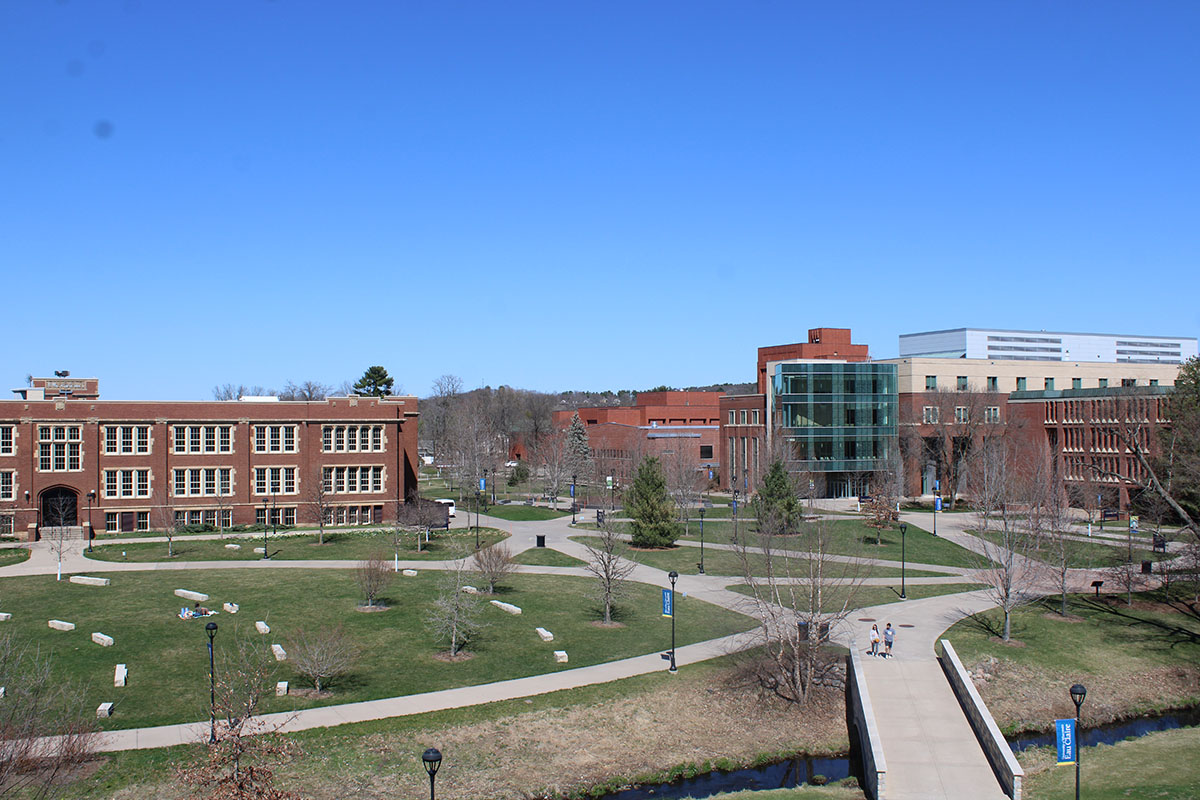 Lyssa Beyer
Lyssa BeyerIt was first known as the “Negro History Week,” but after 82 years this annual recognition has transformed into “Black History Month.” According to the Chicago Public Library Web site, Dr. Carter G. Woodson is considered to be the Father of Black History Month. His parents were slaves, and as a child Woodson worked in a coal mine.
Later on he founded the Association for the Study of Negro Life and History as well as the Journal of Negro History. In 1926 he introduced t Negro History Week and “his message was that Blacks should be proud of their heritage and that other Americans should also understand it.”
Why is this celebration done in February? According to the site, Woodson first chose the second week in February as a commemoration marking the birthdays of Frederick Douglass (Feb. 14), a man who greatly influenced Americans, and President Abraham Lincoln (Feb. 12) who signed the Emancipation Proclamation that abolished slavery in the American confederate states.
By 1976, the Negro History Week grew and became Black History Month. This celebration will be celebrated on the UW-Eau Claire campus and is also known as the African-American Heritage Month.
Junior Rashann Goodwin said that this month is a big part of his life, ever since he was in elementary school and learned more on American history. Goodwin said he plans to attend some events, as they are very important for him.
“It’s important for all cultures,”Goodwin said. “People need to educate themselves and learn about their roots and where they came from.”
Junior Petros Eshetu is originally from Ethiopia. He said this month is not a huge celebration for him, personally, but he is thankful for those past events.
“I have been able, as an African, to get the same freedom as the African-Americans,” Eshetu said. “Even though my ancestors are not the same ones from the slave trade era.”
Eshetu also plans to attend one or two events during the month. He said this will allow him to gain a better appreciation for the important people who made a difference for African-Americanss in this country.
Freshmen Davone Robinson said this month is good to see the evolution African-Americans went through.
“It shouldn’t be just a one month celebration,” Robinson said. “We should honor them all year round because people fought a lot for a long time.”
History professor Selika Ducksworth-Lawton said that this month is a time to see how long the country has come with segregation. She created the course African American Civil Rights Movement because she saw an interest from the students on this subject.
“We should not forget the history,” Ducksworth-Lawton said. “It helps to remember so we don’t repeat it in the future.”
Ducksworth-Lawton said in her classes of African American History and the African American Civil Rights Movement she encourages her students to participate in the different events the university has to offer.
Ducksworth-Lawton will present a dialogue entitled, “1968: The Year that Changed Everything.” The event will be held at noon , February 21 in the Presidents Room in Davies Center.
She said she considers these opportunities unique, as there aren’t many jobs in Eau Claire students will work outside and knowing multi-cultural things will provide them with a great experience and a chance to become more diverse.
“It’s a great opportunity to see a diverse world.”

